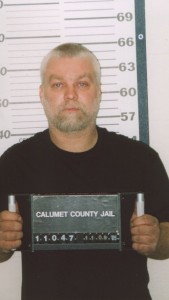Strong Support for Marijuana Legalization in Law School Poll, But Results for Other Drugs Harder to Interpret
In the Marquette Law School Poll conducted earlier this month, fifty-nine percent of registered Wisconsin voters agreed that marijuana “should be fully legalized and regulated like alcohol.” Only thirty-nine percent disagreed.
Support for legalization in Wisconsin follows the recent decisions to legalize marijuana in Colorado and Washington in 2012, and in Oregon and Alaska in 2014. Nationally, support for legalization has grown steadily since the early 1990s and finally crossed the fifty-percent threshold in 2013. (On the local level, the Public Policy Forum published a thoughtful assessment of the costs of marijuana enforcement in Milwaukee earlier this year.)
In the Law School Poll, respondents were asked which arguments for legalization they found most convincing.


